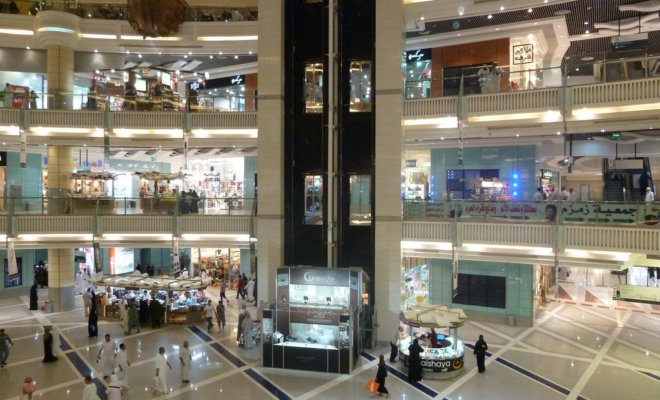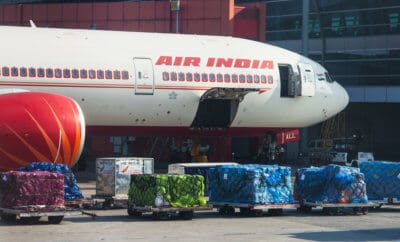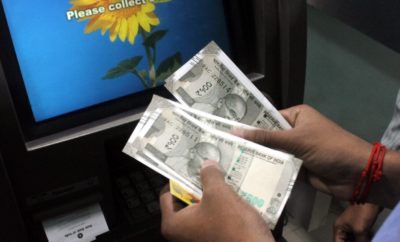Business
Saudi Arabia’s Ban on Foreign Workers in 12 Sectors to Hit Indians

Abraj Al-Bait at Mecca, Saudi Arabia
Photo: Flickr
Foreign workers have been banned from jobs in various retail and sales sectors to boost employment for Saudi nationals.
Saudi Arabia has banned foreign employees from working in 12 sectors to battle its rising unemployment rate. The decision is likely to adversely affect about 3.2 million Indians, most of whom are blue collar workers.
Expats will be banned, starting September 2018, from working in retail and sale of watches, eyeglasses, medical equipment, electrical appliances and electronics, car spare parts, building materials, carpets, automobiles and motorcycles, furniture and ready-made office materials, ready-made garments, children’s clothes and men’s wear, household utensils and pastries.
The rule will come into place starting Sept. 11, 2018, the beginning of the next Hijri year under the Islamic calendar, according to a directive by Labour and Social Development Minister Ali Al-Ghafees, Saudi Press Agency reported. It will be done in three phases between September 2018 and January 2019.
Saudi Labour Ministry spokesman Khaled Aba Al-Khail said that regional governorates would also restrict jobs from going to foreign workers and that they will push for an increase in women employees in shops selling perfumes, shoes, bags, stockings and garments, as planned.
The move comes with the sweeping political changes spearheaded by Crown Prince Mohammed bin Salman that are going on in Saudi Arabia. While the current change hits blue-collar workers, a previous policy, Nitaqat or Saudization, affected white collar workers. It made it necessary for Saudi companies and enterprises to hire a certain number of Saudi nationals, based on the size of the company and industry, in a bid to tackle the 12 per cent unemployment rate in the country.
The new changes will have a direct effect on the economy of Indian states such as Kerala and Telangana, from where many workers migrate to Saudi for employment. The ban will have a “massive impact” on Keralites working in Saudi Arabia, KC Abdul Khadar, an MLA and chairman of the Pravasi Welfare Committee in the state was quoted as saying by the Hindustan Times. “Any mass job loss in the Gulf will have its immediate repercussions in the state,” he said.
Saudi Arabia is the third largest source of remittances for India. While India continues to be the highest receiver of global remittances, the amount fell in 2017 due to falling oil prices and political turmoil in the Gulf.
The number of Indian employees saw a sharp rise between March and October 2017, according to date from the Embassy of India in Riyadh. In March 2017, the number of Indians in the country was marked at 3,039,193 but it rose by 200,000 by October.




You must be logged in to post a comment Login